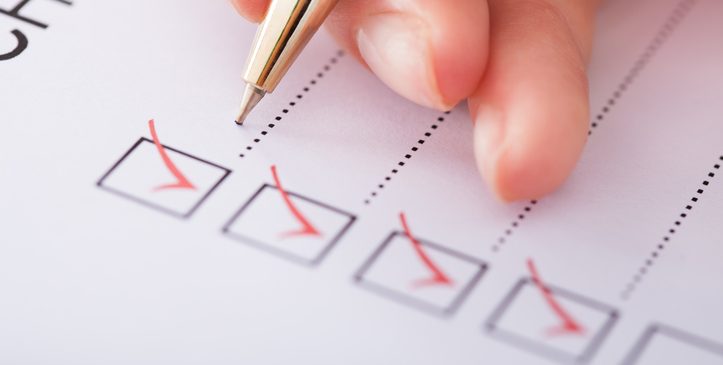Do you ever feel like there’s just not enough time in the day to get everything done? From what feels like endless meetings to constant emails, it’s easy to feel overwhelmed and unsure where to begin.
GovLoop’s Senior Director of Editorial, Catherine Andrews spoke at this year’s Next Generation of GovLoop Training Summit, and gave tips on unlocking personal strengths and how to engage with resources to help increase personal productivity.
“Self-knowledge is the key to productivity. An app isn’t the answer to productivity. Understanding ourselves is,” Andrews said. One of the best ways to become more productive is to know what distracts you in the first place. This requires you to develop self-awareness towards your own personality, which helps you understand how you work. Andrews introduced the different kinds of procrastinators, the characteristics that go with them and how to resolve them.
- Thrill seeker: These are people who enjoy the rush that goes along with procrastinating. They like working under a deadline and feel like they can actually get more done that way. “Try getting your rush from a different place,” Andrews suggested. Set imaginary deadlines that will get you the same feeling, without the consequences.
- Avoider: As the name suggests, these people prefer to avoid learning about their strengths and weaknesses by not making decisions for themselves. They seek to avoid blame and judgment. Look for ways to develop yourself by keeping a journal. Figure out what it is that’s preventing you from finishing a task. “Exercise your decision making muscle,” Andrews said.
- Indecisive: These are people who like to think of themselves as perfectionists. However, they don’t want to take responsibility and procrastinates to shift responsibility from themselves. Remember to acknowledge your own thinking and that being a perfectionist can even act as a cover from needing to finish things. Don’t be afraid to make mistakes and communicate if you are worried about not being able to finish a task.
After you have successfully identified what kind of procrastinator you are, you can take the unique steps to becoming more productive.
Andrews suggested a few habits to develop that can lead to increased productivity. This includes better sleep and meditation. Also, strive for specificity when it comes to goal setting through implementation and intentions. For example, tell yourself you will finish your assignment by noon. By setting specific goals, you avoid vagueness and know exactly what you need to accomplish.
Remember that everyone has a different kind of working style and often times, it’s about figuring out how you personally work best.
This blog post is a recap of a session that took place at the recent Next Generation of Government Summit. Want to see more great insights that came out of NextGen? Head here.
